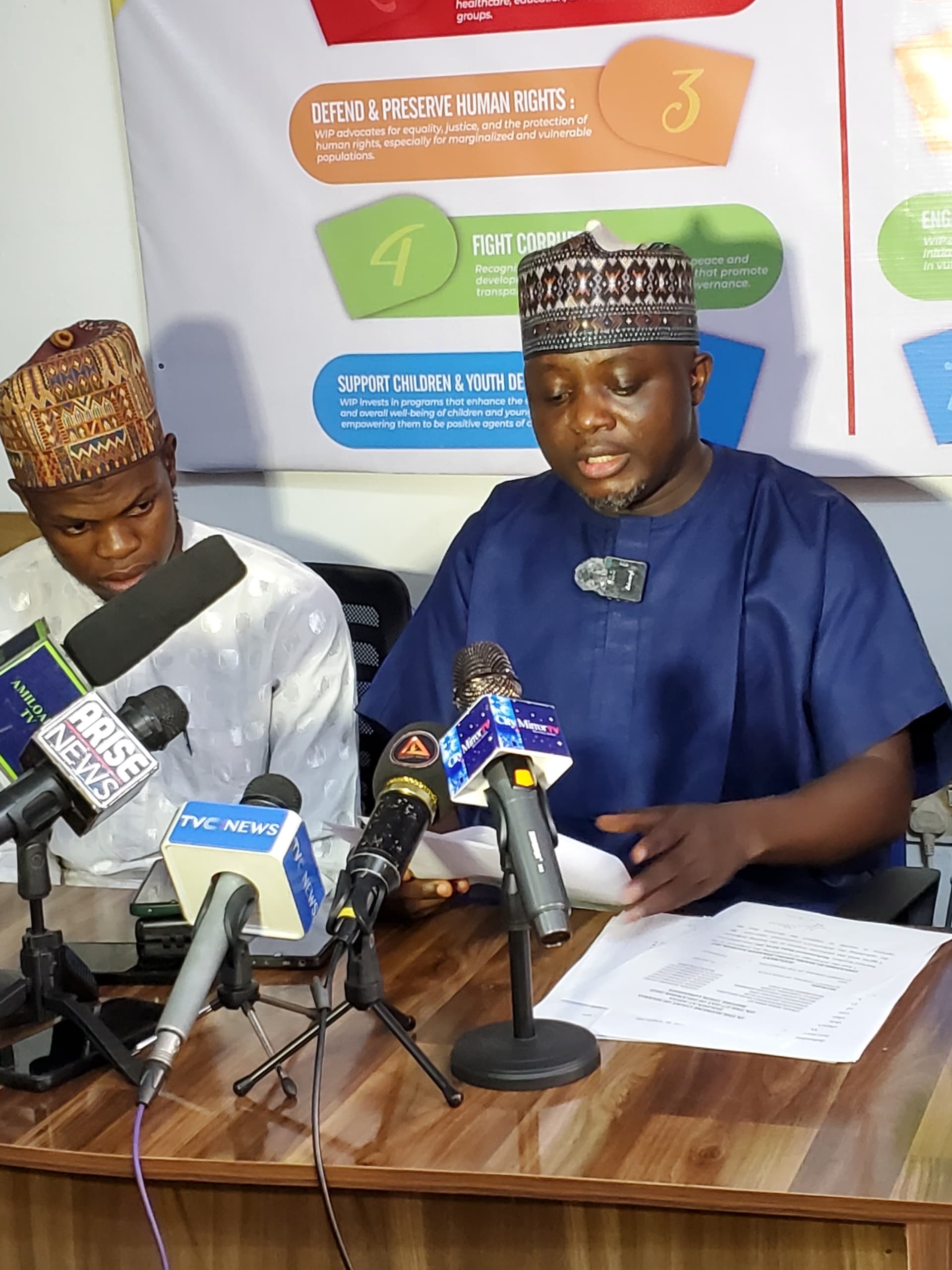
The Independent National Electoral Commission (INEC) has outlined the significant costs and logistical challenges associated with the recall process, likening it to the full-scale organization of an election.
This was shared during a discussion on Saturday via X Spaces, where INEC discussed “INEC Regulations and Guidelines for Recall 2024, BVAS, and IREV: Facts and Myths.”
Prof. Mohammed Kuna, Special Adviser to the INEC Chairman, highlighted that conducting a recall election demands substantial resources, such as staff mobilization, technology, and the distribution of materials and transportation. He pointed out that the recall process is more expensive than holding a senatorial election, stating, “It’s like conducting three senatorial district elections due to the repeated field visits required.”
Rotimi Oyekanmi, the Chief Press Secretary to the INEC Chairman, assured that the Commission would follow all legal protocols if a recall was pursued. He further confirmed that if a National Assembly seat were to become vacant, INEC would facilitate a by-election.
Oyekanmi also addressed financial preparations, assuring that INEC is equipped to handle any eventuality, emphasizing their readiness for unexpected developments.
INEC recently acknowledged a recall petition for Senator Natasha Akpoti-Uduaghan of Kogi Central Senatorial District, which was signed by over 200,000 registered voters, surpassing half of the district’s electorate.
The petition, submitted at the Commission’s headquarters in Abuja, follows controversies surrounding Akpoti-Uduaghan’s suspension from the Senate due to alleged misconduct.
The next step for INEC is to verify whether the petition has garnered the required support of over 50% of Kogi Central’s registered voters.





